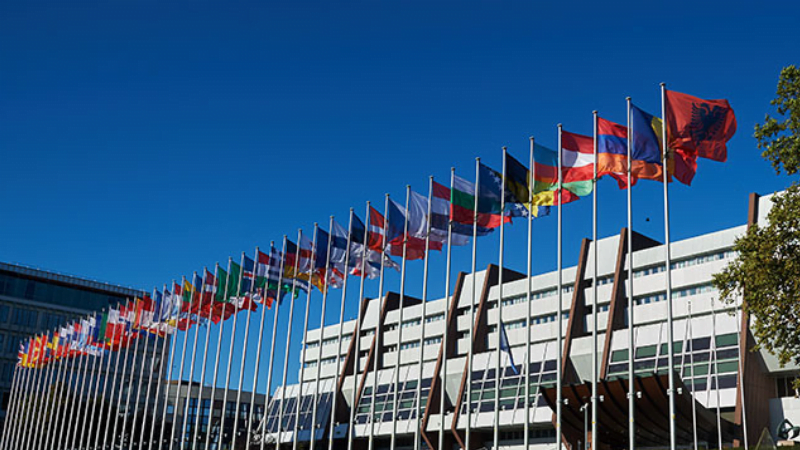The Maltese government has failed to collect any data on the prevalence of racially motivated crimes, or cases related to incitement of racial hate, according to the Council of Europe Advisory Committee on the Framework Convention for the Protection of National Minorities in its 5th Evaluation Opinion.
The existing institutional framework in place that is supposed to fight discrimination is not in line with the Paris Principles, the report added, despite this being a framework pushed forward by European Commissioner Helena Dalli when she was the Minister responsible for its implementation.
The Paris Principles are the international minimum standards for the way in which national institutions protect and promote human rights.
Maltese authorities have been asked to strengthen their anti-discrimination legal framework in line with Malta’s international obligations and commitments. An independent and impartial national human rights institution should also be established to ensure better alignment with the Paris Principles.
Having previously asked the government to set up a publicly available data collection system on hate crime incidents including hate speech, the committee again reiterated the call. Failure to collect data or provide it for members of the public leads to a lack of understanding of motivations and doesn’t enable accountability.
They said that high priority must be given to combating all forms of racism, intolerance, and discrimination. All persons within Malta’s jurisdiction should be afforded this.
While the Maltese government maintained its position that there are no national minorities that need protection in the country, the Committee said the government should focus on promoting ethnic, linguistic, and religious diversity as an “essential societal value”.
Regarding the 4th Round Evaluation, the Committee reported that they had zero information on whether any action had been taken on their recommendations or whether the Opinion had even been circulated to the Committee of Ministers.
They were also obliged to send a report on the situation in-country by 1 June 2019. Just one week before the deadline, they sent a letter saying:
“The Republic of Malta reiterates its position that Malta has no national minorities in its territory and that any substantive obligations previously mentioned in the Conclusions of the Advisory Committee are not within the remit of the Framework Convention on National Minorities.”
The Committee noted that this statement did not address any of the other matters requested and they ’regret’ a report was not provided by the government. This means that they were unable to get a more “in-depth” knowledge of the situation and that Malta’s declaration of no minorities does not exempt them from their obligations.
Other criticisms included the fact the Framework Convention is not published anywhere for people to read and that the authorities do not provide people the right to self-identify freely. The government should allow people to identify as the ethnicity or minority they choose and include religion, race, ethnicity and language in forthcoming census documents.
In terms of the country’s National Migrant Integration Strategy, the Committee applauded it in practice but said more work is needed to ensure that the languages and cultures that exist in society are properly represented in the public domain. This, they said, will ensure everyone is aware of the diverse character of society and recognises themselves as a part of it.
They said there are still concerns about obstacles preventing migrants, refugees, and asylum seekers from integration. This includes discrimination in access to employment, healthcare, and private rented accommodation. This may hinder their chances of proper integration into Maltese society. The Committee also found that the Strategy and Action Plan ignores gender equality and additional struggles faced by women and girls.
In schools, enhanced efforts are needed to promote religious tolerance and non-discrimination as there is currently a negative portrayal of non-Maltese communities in some teaching materials and no mention of other religious and cultural celebrations in the curriculum.
The Committee reminded the Maltese authorities that they have an obligation to protect all persons against violence and discrimination on ethnic grounds. “A society in which diversity is not tolerated or even serves as a pretext for hate crimes and discrimination is not favourable for the thrive of minorities.”













Thank God Malta have no natural disasters BUT when the labour party (now the muvument korrot) is in power it’s always a big disaster for Malta’s image and the honest workers.
“A society in which diversity is not tolerated or even serves as a pretext for hate crimes and discrimination is not favourable for the thrive of minorities.”
Ha, they need to remember that Bigotry, Hatred, Discrimination,Violence, Impunity, Confrontation, Misogyny, are basic Bogan traits which are practised daily on this Dystopian rock by the “government of the day” who are currently the Mafia.